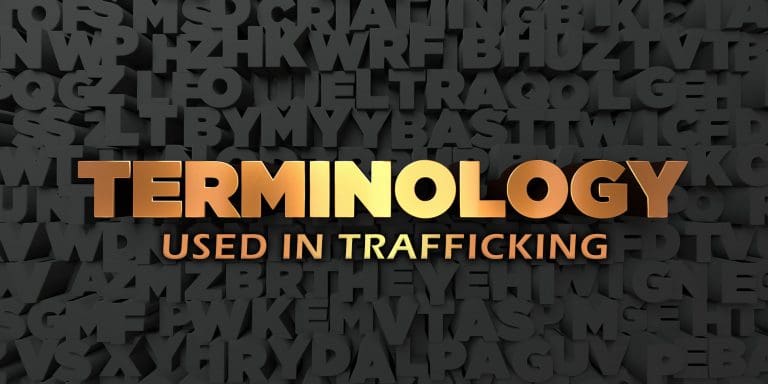
Human trafficking is the abuse and enslavement of a person so that another can profit or otherwise benefit from the victim’s labor, services, or sex acts.
Child trafficking survivors identified in the USA have included:
Human trafficking is the abuse and enslavement of a person so that another can profit or otherwise benefit from the victim’s labor, services, or sex acts.
Child trafficking survivors identified in the USA have included:
©2024 AwakeAndBold.org All Rights Reserved
Call-in tips to: Polaris 1-888-373-7888 / National Human Trafficking Hotline: 1-888-373-7888 / Text “Be Free” to: 233733
©2023 AwakeAndBold.org
All Rights Reserved
Call-in tips to:
Polaris 1-888-373-7888 -or-
National Human Trafficking Hotline: 1-888-373-7888 –or-
Text “Be Free” to: 233733